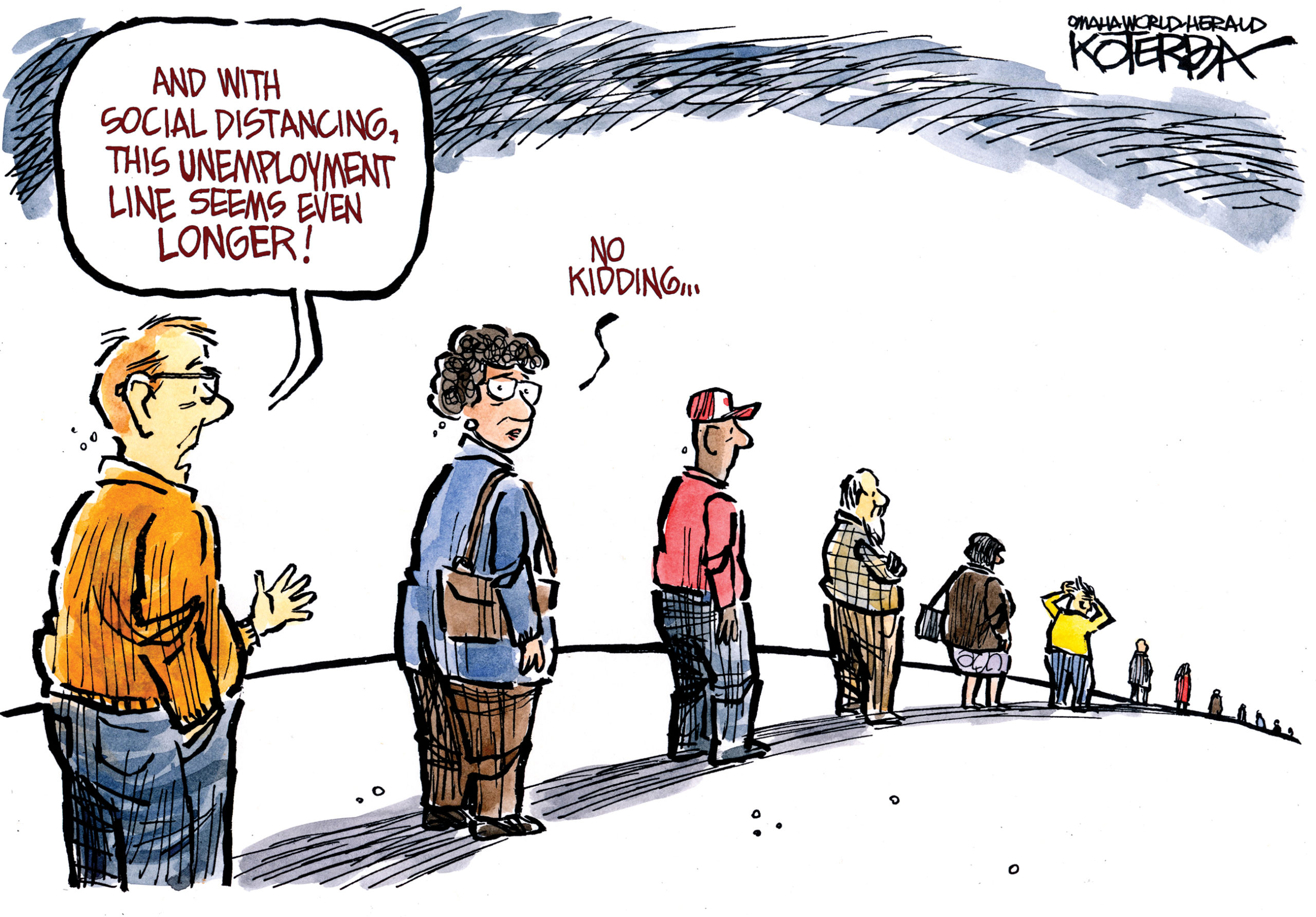As a History student, the importance of sources is clear in everything we study. Often political cartoons are used to show an integral opinion of the period that we’re studying, and they can be analysed just as deeply as a written source. Inevitably, cartoons being published now will be used by future historians to study the public perception of current affairs.
Comparing these more recent cartoons with the historical sources which we have been presented with there doesn’t seem to be as much change as you would expect. Historical cartoons and present-day cartoons are still ridiculing political events and the leaders in charge.
It is definitely easier to remove yourself from historical sources and view them as a historian, whereas the recent cartoons seem to hit too close to home. The demonic caricatures which appear are repulsive and trigger very raw emotions. Whereas we study historical cartoons and discuss the different views there were at the time, the current cartoons are too real to be studied for too long.
In an interview with The Guardian, the graphic artist Art Spiegelman says that “early on [he] realised [he] didn’t want to become a Trump caricaturist – that it was just playing into his narcissism, ultimately.“
In the past four years, the satirical cartoons about Trump have been endless. In fact, when you search ‘political cartoons’ into Google Images the majority of the initial cartoons to appear are about Trump. Although Art Spiegelman would not personally draw cartoons based on Trump, other cartoonists have taken on the baton. The US presidential election has been a big focus of recent political cartoons, many focusing on the absurdity of many of the situations which have arisen as a result.

These satirical cartoons show the strong opinions of the cartoonist, without even reading the captions you already know their opinion from how they’ve depicted Trump and Biden. The same is true of political cartoons from 100 years ago.
It is clear that political cartoons have much more impact than many are willing to admit. In an article for Culture Trip Helen Armitage explored ‘The 15 Most Influential Political Cartoons Of All Time’ saying that these cartoons have “the power to inspire, outrage and amuse“.
Armitage’s ‘top 15’ ranged from James Gillray’s 1805 The Plumb-Pudding in Danger of Napoleon Bonaparte and William Pitt sharing a world-shaped plum pudding ravenously to David Low’s 1939 critique of the Nazi-Soviet Pact called Rendevous of Hitler and Stalin acknowledging each other with ‘The scum of the earth, I believe?’ and ‘The bloody assassin of the workers, I presume?’ Armitage also explores more recent political cartoons which had a tragic effect in Paris, ‘Charlie Hebdo’s’ frequent satirical depiction of Muhammad led to 12 members of staff dying in a shooting of the offices in 2015. It is obvious that political cartoons often go deeper than just a fleeting joke about political times.

Political cartoonists have the means and the platform to speak out and say (or draw) what everyone else is thinking, but too afraid to make public. They are more than just comedy, but through a cover of satire, they are able to get away with a lot.
Once again, art has created a platform to speak out against powerful leaders.
Political cartoons do not stand alone in the artistic fight against these social issues. Jennifer Howard explores this in Art & Object name-dropping Pablo Picasso’s famous Guernica which is still used as an anti-war symbol today. Howard continues to write that ‘a sense of shared mission connects socially conscious artists working in different media and eras.’
Across history, political cartoons are being linked and it is clear that the subject matter of the art has not changed greatly. The cartoonists are still focusing on the same issues just in a different period. These cartoons seem to manifest the often-repeated idea that history repeats itself.
Image Credit: Press Telegram

